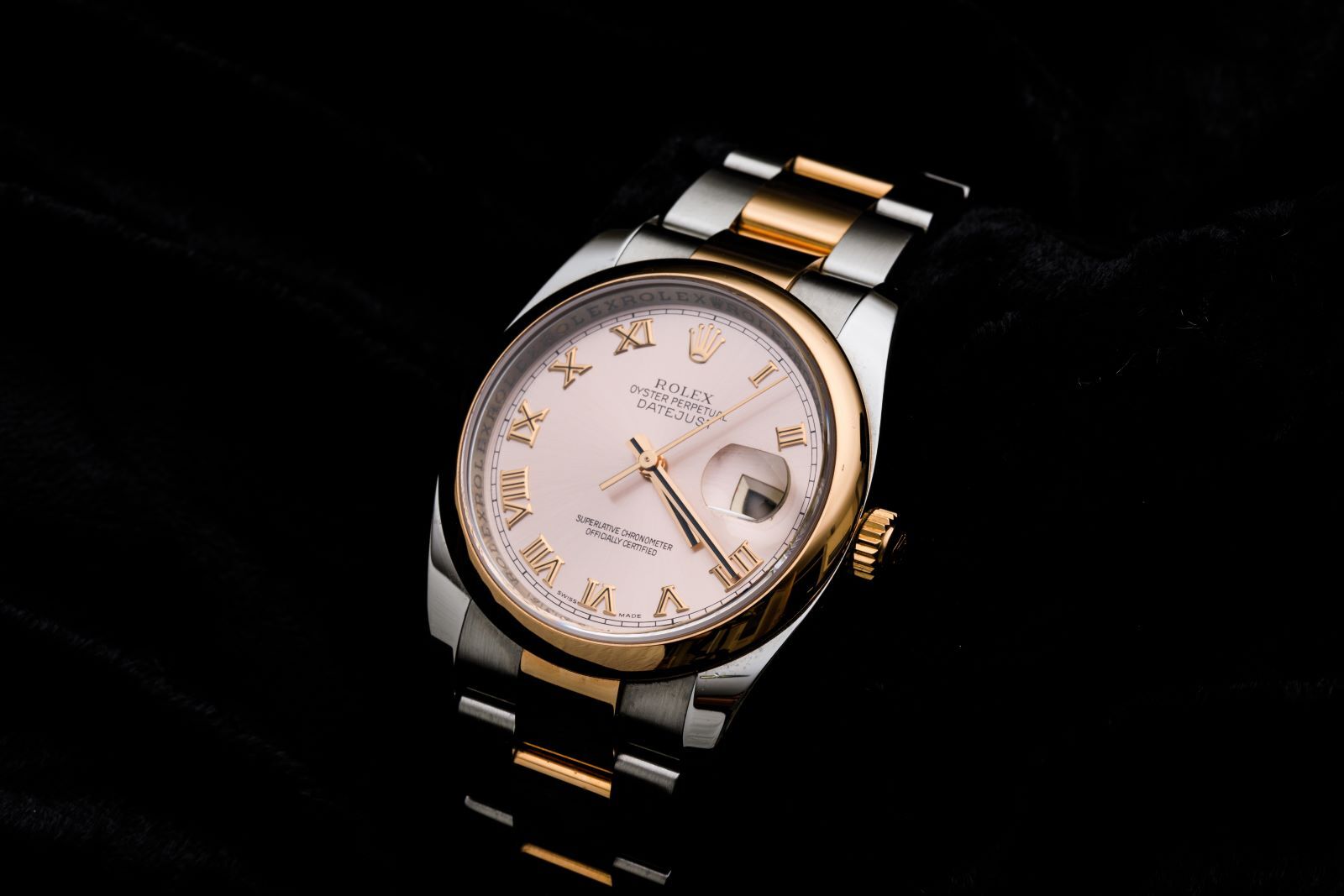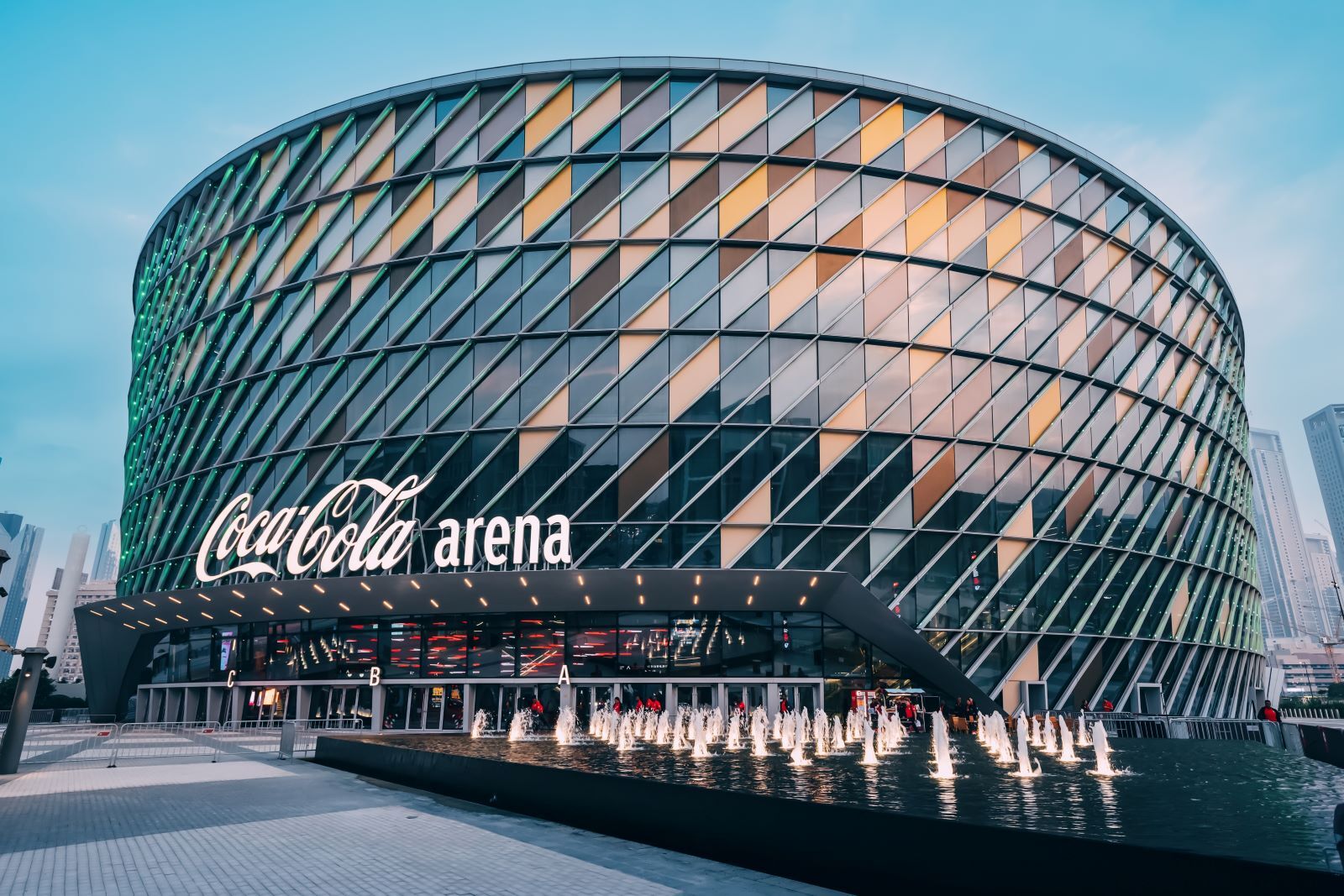How VAT Affects Residential Real Estate in The UAE
Published: 04 August 2025
Dubai is one of the fastest-growing real estate markets in the world, driven by surging inward migration and high investor demand. One reason behind the city's magnetism is its investor-friendly, low-tax environment, including how Value Added Tax (VAT) is applied (or not applied) to homes. If you're considering buying or renting a property in the UAE, you'll find that VAT has a surprisingly minimal impact on residential real estate. Combine that with no personal income tax, no rental income tax, and no capital gains levy, and it’s easy to see why both families and capital are flowing into the market – fast.
.jpg?width=1000&height=667&name=unnamed%20(37).jpg)
Buying or Renting a Home: No VAT on Residential Property
In 2018, the UAE introduced a 5% VAT on most goods and services to diversify its revenue base away from oil. While this 5% applies to commercial real estate, such as offices, shops and hotels, it does not include residential real estate. According to the government, the exemption was designed to ensure VAT "does not constitute an irrecoverable cost to those who buy their own properties."
In simplest terms, if you’re buying a home in the UAE, you won’t pay any VAT on the sale price. Resale properties are fully VAT-exempt, and if you’re buying a brand-new home directly from a developer, the sale is ‘zero-rated’, which means you still don’t pay VAT, but the developer can reclaim the VAT they paid on construction and related costs. It’s a system that keeps end prices cleaner and often more accessible, especially at higher price points. For example, on a new AED 5 million villa, zero-rating effectively saves the buyer AED 250,000 in VAT – a meaningful margin in any market.
The same goes for long-term rentals. If you sign a standard lease on an apartment or villa, there’s no VAT added to your rent. There is also no VAT charged on Ejari registration if done by yourself through the DLD portal or REST app. A typing centre will charge 5% VAT for the service.
Short-term rentals and stays however are treated differently. If a property is offered as a hotel-style rental, i.e. it’s furnished, serviced, and available for nightly or weekly bookings – it will be legally classed as a commercial activity. In that case, the landlord or operator must charge 5% VAT, just as a hotel would.
This applies to Airbnb-style lets, serviced apartments, and vacation rentals, particularly when rented to tourists and non-residents. However, as long as you’re living in the property, rather than treating it like a hotel, you will not be liable to pay VAT on your rent. It’s a small but important distinction, and one that helps keep everyday living costs more predictable.
The Hidden Costs That Do Carry VAT
Although there’s no VAT on the property itself, that doesn’t mean the entire process is VAT-free. Some of the services surrounding a sale or lease do carry VAT, and it’s worth knowing where it shows up so there are no surprises.
If you’re buying a property, one of the biggest VAT charges is the 5% on agent commission. Agent commission is typically around 2% of the final sale price, but it can be higher. If you’re buying an AED 10 million home – widely seen as the entry point into the prime market – you can expect to pay AED 200,000 in agent fees, with a further AED 10,000 in VAT.
Utility bills should also be factored in: WiFi, DEWA, air conditioning, and so on, will all incur a 5% VAT charge.
Perhaps more significantly, VAT is also applied to annual service charges and maintenance contracts – both of which are seen as taxable services. If your yearly service fees amount to AED 100,000 (a mid-range figure for a high-end apartment or branded residence), roughly AED 5,000 of that total will go toward VAT.
Another cost non-Emirati buyers and tenants should keep in mind is the municipality housing fee. While it’s technically a government levy rather than a VAT charge, it behaves in much the same way. The housing fee is charged at 5% of the property’s annual rental value (or a RERA-determined estimation of it, if you’re an owner-occupier), and it’s collected indirectly through the monthly DEWA utility bill. For an apartment with an annual rental value of AED 200,000, the housing fee comes out to AED 10,000 per year, charged at AED 833 per month.
What the VAT Exemption Means for Owners and Investors
For homeowners, the absence of VAT helps keep upfront costs more manageable. There’s no 5% surcharge on the sale price, which can mean significant savings relative to other global markets – especially on higher-value properties. What you see is what you pay, aside from the usual DLD transfer fees and commissions. It’s a refreshingly straightforward setup, and one that lowers the entry barrier for first-time buyers or families moving from renting to owning.
For international investors, it’s equally appealing, as rental income from residential property isn’t subject to VAT. That means your rental yield is earned gross, with fewer deductions eating into your return. Dubai already offers some of the strongest rental yields globally, often between 6% and 8%, depending on the property and location. Add that to a tax-efficient environment and you have a compelling investment case: steady income, minimal friction, and the potential for strong capital appreciation.
A Final Word
If you’re considering entering Dubai’s prime or super prime real estate market, our team at Dubai Sotheby’s International Realty is here to guide you through every step of the process. From exclusive listings to expert market analysis, we offer the insight and discretion you need to make confident, informed decisions. Get in touch to explore your next move.



